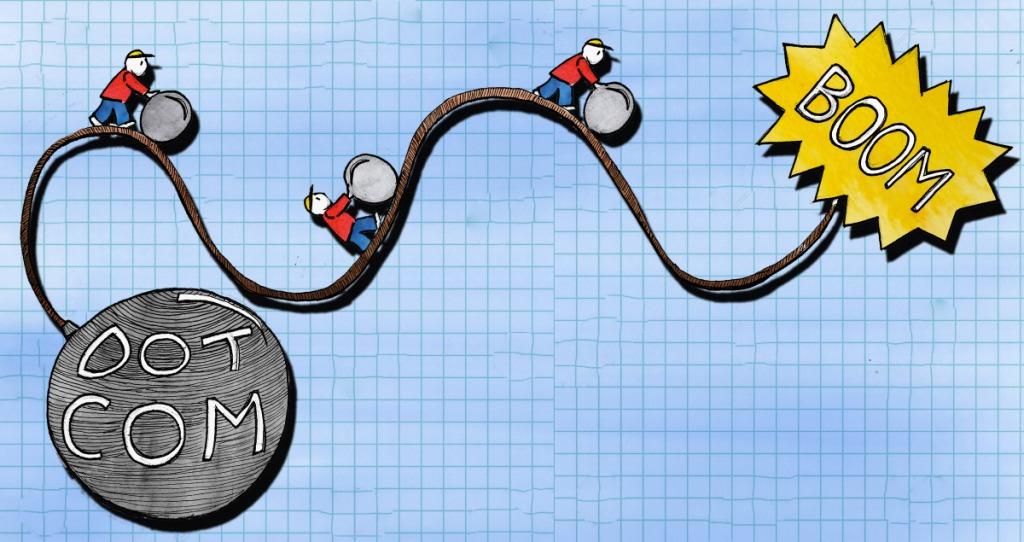Marcel didn’t want to work for a science degree
It was useless for his business as far as he could see
But his father was insistent that he should be educated
So he suggested doing accounting as it was less complicated
education
San Francisco. Sep 1, 2017: The alarm goes off at 5 am. I realize that I fell asleep while reading my son to bed again. I get up even though dawn hasn’t broken yet, mornings are my favorite time to get a head start on the day.
It has been a year since my husband, Prateek (also from IITB) and 6-year-old son, Abir, moved around the world from Bangalore to San Francisco, to support me in growing my education startup Springboard. My co-founder Gautam and I started the company in July 2013 to solve the skills gap and unemployability problem for India. We quickly realized that online was a more scalable model, and held the promise of larger impact globally. We built Springboard with the global student in mind from day one, with me taking charge of Bangalore and Gautam holding fort in SF. Soon, the business grew to a scale that necessitated my move to SF. We learnt so much about scaling a business, the team and ourselves along the way that I could write a tome on each of them. However, I will save those for future posts or a coffee conversation. For now, let me rewind to how entrepreneurship came about, almost by accident, for me. From the outside, it might look like startups are a result of lifelong passion, or come about in a flash of sweeping inspiration. In my case, it was more of an unglamorous but persistent pursuit for impact. Hopefully this alternate perspective will be interesting for you.
It is generally acknowledged that there are many things seriously wrong with our system of education. Otherwise we could not have become so corrupt or so incompetent. Of course it is possible to argue quite convincingly that because we are so corrupt and incompetent, we have produced the present system of education. But then it is the usual question about the precedence of the egg or the chicken. Whatever that may be, and we will leave it to the sociologists to argue, and analyse it interminably, surely there is little doubt that the education we get these days is far from satisfactory. Particularly deplorable is the situation is what we call as higher education which may be defined as any programme of education which follows the 10th class.


